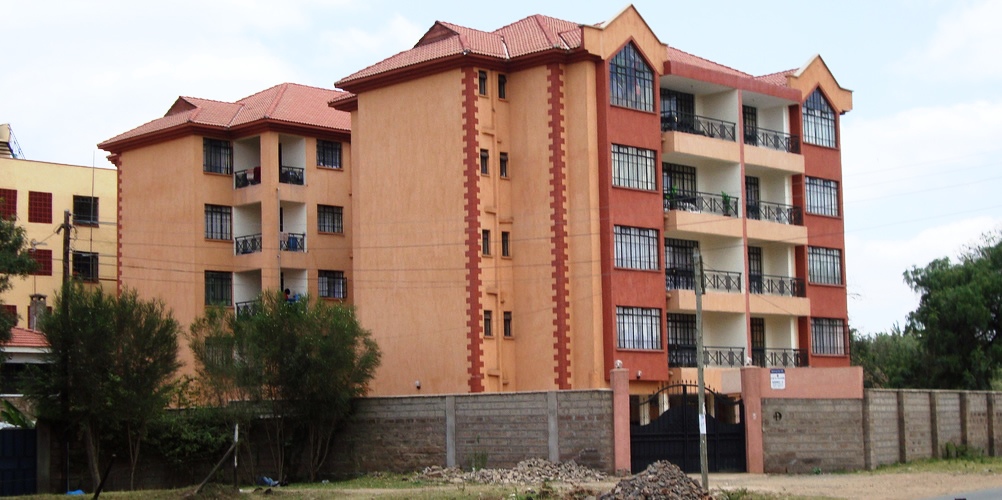Kindly Share>>
As Kenyan eagerly await the August 8 2017 general elections results, the real estate sector in this East African economic power house has every reason to understand key promises that were flaunted by the front-runner political parties, especially through their manifestos.
Given, some of these political parties’ manifestos are sometimes nothing but overly decorated documents that are crafted only but to hoodwink voters. But these documents, especially in well-entrenched democracies are key pointers on the direction that the winning political party takes, once in power. A country is thus supposed to hold leaders of these parties to account on all the enumerated issues therein.
It is imperative for the sector to objectively study these manifestos, especially on what they spell out as their respective housing policies and deliverables.
Here is a quick fact: At present, according to the World Bank, the current housing production is less than 50,000 units and Kenya has an accumulated housing deficit of over 2 million units. To keep up with the demand, 244,000 housing units in different market segments are needed annually. The two leading political parties are supposed to address this challenge comprehensively.
Interestingly, the two front-runner parties in Kenya, Jubilee Party and National Alliance Party (NASA) have enumerated 6 points each on how they intend to revamp the housing sector in Kenya. We will seek to enumerate these points text-by-text:
The Jubilee Party’s Commitment to the Kenyan People for the next five years, is as follows:
- Facilitate mass housing production of at least 500,000 low cost affordable homes in 5 years across the country by working in partnership with financial institutions, private developers, manufacturers of building materials and cooperatives. We will create an attractive, state-driven framework for private companies which is unprecedented. This will take advantage of the international and technological developments which allow for building high-quality, affordable modular housing; create the legal and institutional framework to provide low interest, long term loans; make land for construction available; and provide tax incentives on construction. This will deliver houses faster and reduce the cost of construction by at least 50%.
- Establish a National Social Housing Development Fund and create alternative financing strategies to finance low cost housing and the associated social and physical infrastructure.
- Carry out an audit of 6,000 buildings per year to ensure their safety and security.
- Digitize all land registries to facilitate easier and cheaper land transactions. In addition, we will facilitate faster acquisition of free public land for developing houses.
- Maintain the momentum in upgrading slums and informal settlements by providing clean water and sanitation, access roads, street lights, schools and health centers as well as income generating activities. This will help improve the lives of 4 million people living and working in slums and informal settlements.
- Dramatically scale up ongoing partnerships between the government and the private sector to expand the pool of trained artisans, plumbers, masons, carpenters, electricians, roofers and painters.
On its part, the National Super Alliance (NASA) 6-point Deliverables on Housing are as follows:
- Mount a public-private partnership to scale up affordable housing development, with a target of delivering 500, 000 units of affordable housing units over the next five years, with a view to eradicating slums.
- Fast track the implementation of Nairobi Mass Transit Project, while pursuing other short term interventions to decongest the city
- Establish an Urban Revitalization Board to spearhead initiatives to arrest urban decay and revitalize already degraded neighborhoods
- Develop long term spatial development and investment plans for our major metropolitan clusters (Nairobi, Coast and Kisumu-Kakamega-Bungoma)
- Review the building code, and harmonize all physical planning and building regulations
- Develop a rural housing policy and institutional framework. Specifically, establish a Department of Rural Housing in the national government and work with the County Governments to provide technical services for rural housing development.
There you have it. It is now incumbent on the Kenyan voters and indeed all the real estate players to understand what different parties promise to deliver, and how tangible these deliverables are, before casting that precious ballot for the better candidates or party.
George Wachiuri is the CEO Optiven Ltd. To get more details on how you can invest with Optiven Ltd. Kindly talk to us via 0702 831083 , 0738 831083, Email; info@optiven.co.ke. Website: http://www.optiven.co.ke




